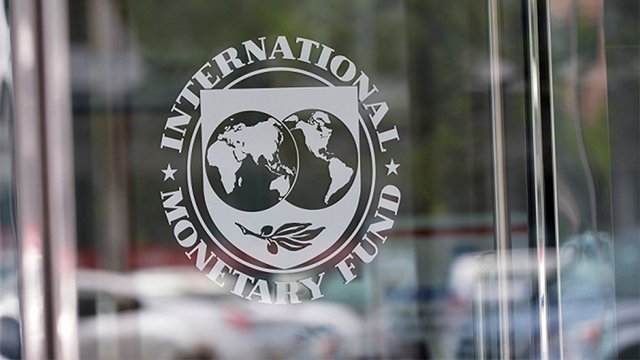In updated EFF arrangement with IMF, Ukraine manages to postpone deadlines of three benchmarks, do without new ones - memo

The International Monetary Fund (IMF) has published an updated Memorandum of Economic and Financial Policies following the third review of the Extended Fund Facility Arrangement for Ukraine.
According to the document, there are no new structural benchmarks, and the execution dates of three existing ones are delayed by several months.
In particular, the deadline for the adoption of a law on rationalizing the consideration of cases by the High Anti-Corruption Court (HACC) with the possibility of such consideration by one judge instead of a panel of three judges has been postponed for a month - until the end of April.
In addition, the implementation of a methodology for assessing supervisory risks to determine priorities for supervisory activities was postponed for six months - until the end of December, and the development of a policy regarding state-owned enterprises, dividend policy and privatization strategy - for two months, until the end of October this year.
The permanent structural benchmark in relation to state-owned banks has also been changed, and now it allows for the continuation of the work of the First Investment Bank (PINBank), which became the state property by decision of HACC from sanctioned Russian Yevgeny Giner and which state-owned Ukrposhta would like to receive for development.
"All systemic banks with majority state ownership will fall under the responsibility of the MoF, and any non-systemic banks that come under state ownership will not be recapitalized using fiscal resources and will be transferred to the Deposit Guarantee Fund for resolution upon breach of prudential requirements," the updated memorandum notes.
Thus, in addition to the law listed above on the rationalization of the HACC work, the nearest structural benchmarks are the development of a concept note on the 5-7-9 program by the end of March with proposals for reorientation towards small and medium-sized enterprises by gradually abandoning the participation of large companies and strengthening monitoring and ensuring adequate guarantees and adoption of the law to reset the Economic Security Bureau by the end of June, respecting the existing distinction between its investigative powers and the powers of the NABU.
In addition, by the end of June, the volume of overdue debt must be determined and the financial condition of district heating companies must be assessed by conducting a desk audit by a reputable audit company, including by highlighting overdue debt before and after February 2022.
Finally, at the end of July, two more structural benchmarks expire: the preparation of an assessment of the effectiveness of tax incentives, including their cost to the budget, in order to develop a unified approach to reform, and the adoption of a law creating a new court that will consider administrative cases against national government bodies (for example, NBU, NABU, NACP) by judges who have undergone proper testing for professional competence and integrity.
The Chief of the IMF mission in Ukraine, Gavin Gray, at a briefing on Friday night after the completion of the third review by the Fund's Board and the allocation of the fourth tranche, noted that the key conditions for further timely allocation of tranches are reforms aimed at strengthening governance and supporting a sustainable financial position. Answering a question about the main structural benchmarks for the next, fourth, review of the arrangement and the allocation of its fifth tranche, he emphasized the need to pass legislation to strengthen the Economic Security Bureau, as well as work on assessing tax benefits.






